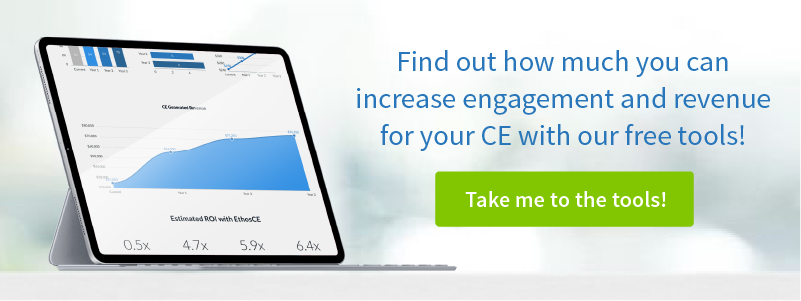“To Friend or Not to Friend?” Healthcare Practice in the Age of Social Media
There has been a lot of healthy discussion lately about professional boundaries with patients when using social networking (SN) and social media (SM) technologies, such as Facebook and Twitter. The debate about how to keep your personal and professional life separate is especially challenging when you consider that social media is inherently designed to bring people together.
I advise my healthcare clients against “friending” or connecting with patients on their personal social networks because the unforeseen consequences and risks are too great and it takes the professional relationship outside of the clinic and makes its personal. There was an recent incident on Twitter where the actress Demi Moore received a “tweet” from a person threatening suicide. The story ended well with the person getting help. But, as a healthcare provider, imagine if a patient you let join your social network started using the medium to get medical advice, therapy, or crisis management outside of the clinic or after hours. It would be very difficult to manage and document the situation effectively, require you to constantly monitor your social network, and then untangle yourself from the online connection after the crisis had past. The professional risks greatly outweigh the benefits and can potentially compromise patient care. Overall, social media should not be substitute for seeking medical care in the appropriate clinical setting or used to circumvent appropriate professional-patient boundaries.
Conversely, I am a huge advocate of healthcare organizations applying different social media tools to advance professional education and patient care. When used appropriately with monitoring and moderation processes in place, the research does support the use of such technologies to raise awareness about diseases, provide support, advance professional competencies, and improve adherence to treatment. But, in the age of social media, I believe that healthcare providers should work to keep their personal and professional lives separate to the benefit of all those involved. Many of social media Websites have access/privacy controls that enable you to restrict access to your content and network, which will help mitigate such risks.
Here are two articles I thought you might find of interest. One article is from a physician’s experience with a former patient on Facebook that was published in the New England Journal of Medicine and the other is from a respected social media analyst, Jeremiah Owyang:
- Practicing Medicine in the Age of Facebook – NEJM http://content.nejm.org/cgi/content/full/361/7/649?ijkey=lqioUom3HFM.w&keytype=ref&siteid=nejm
- Help! My Boss Wants To Be My Friend On Facebook http://www.web-strategist.com/blog/2009/09/07/help-my-boss-wants-to-be-my-friend-on-facebook/
 We're now part of the Cadmium product suite! Learn more
We're now part of the Cadmium product suite! Learn more 

